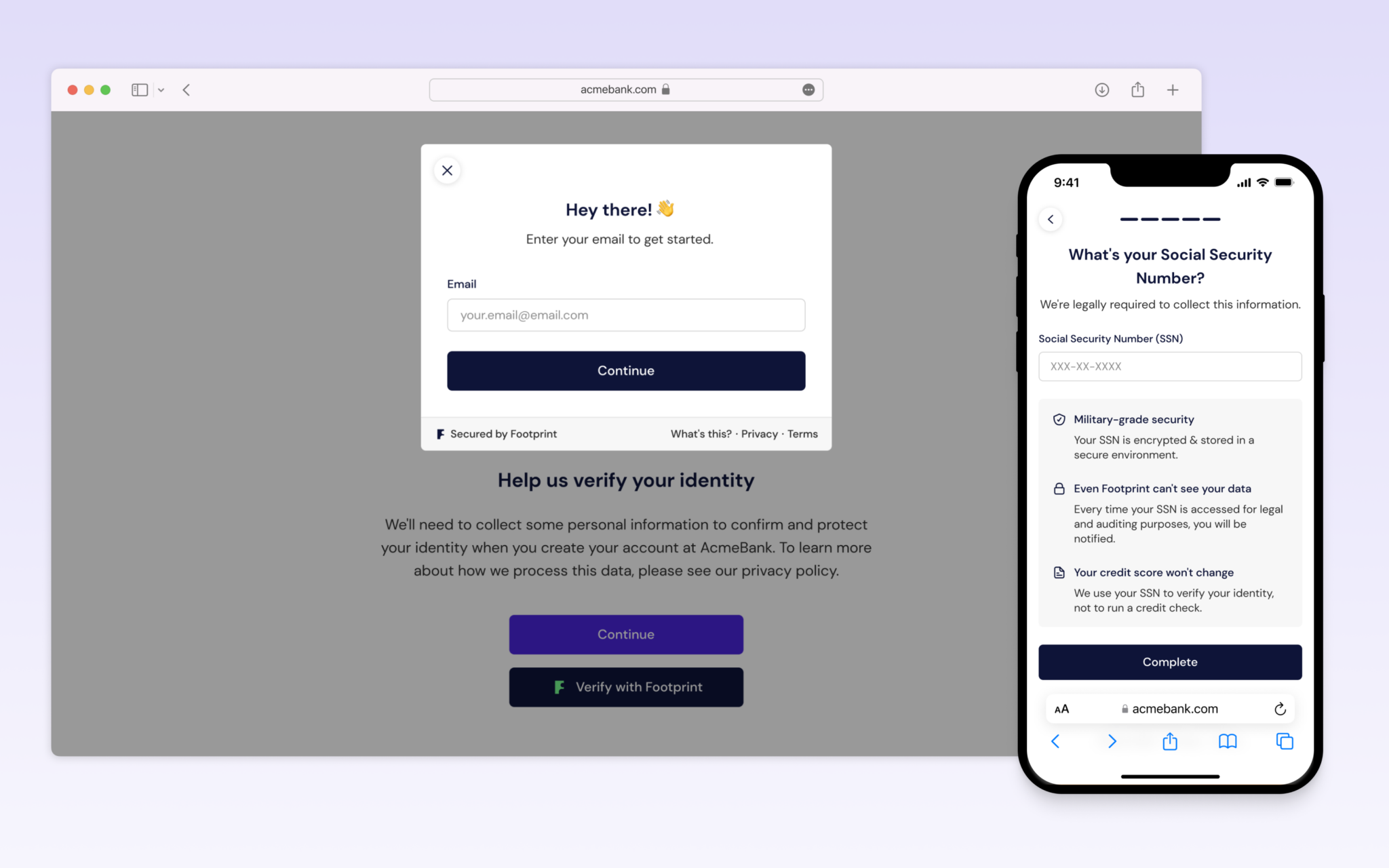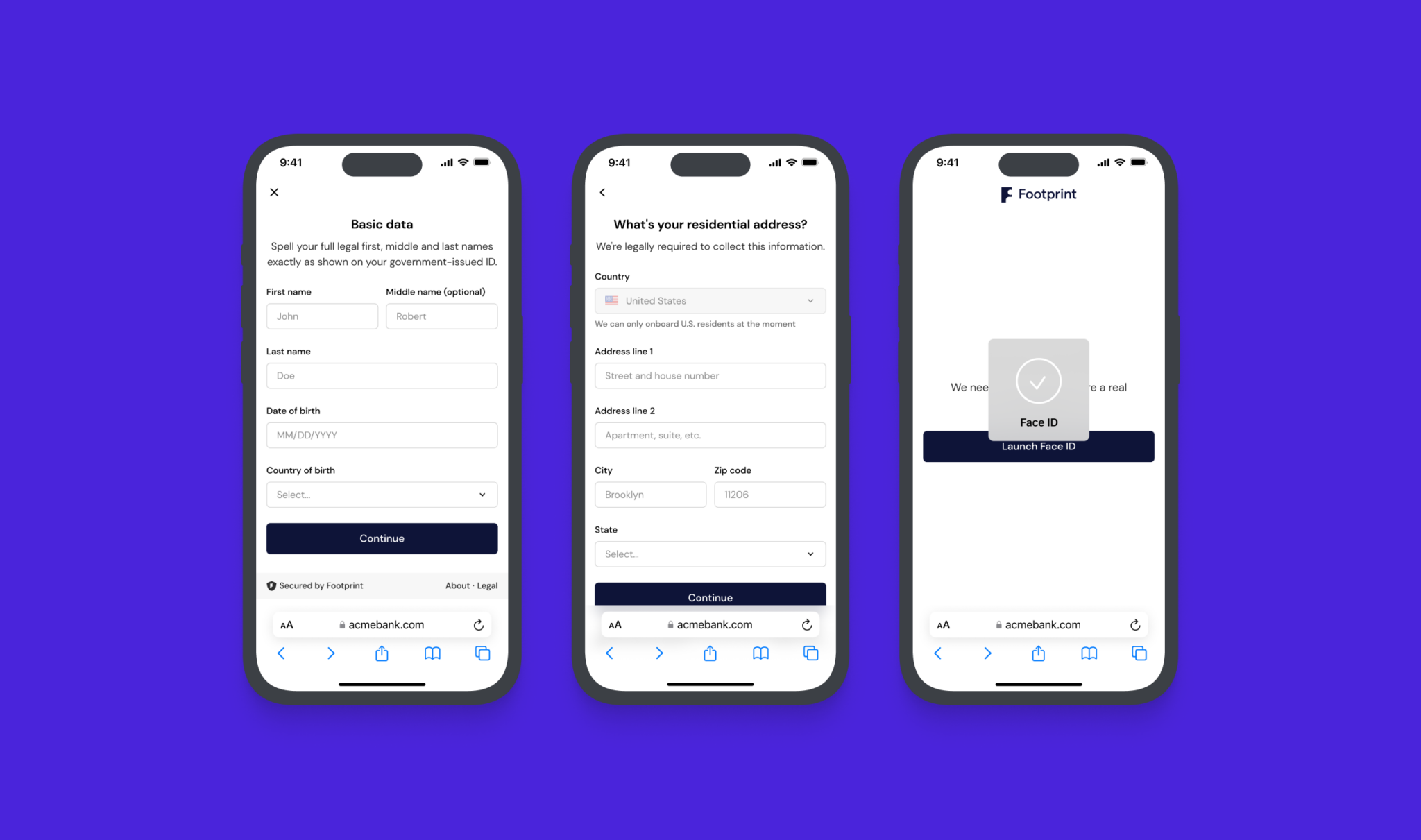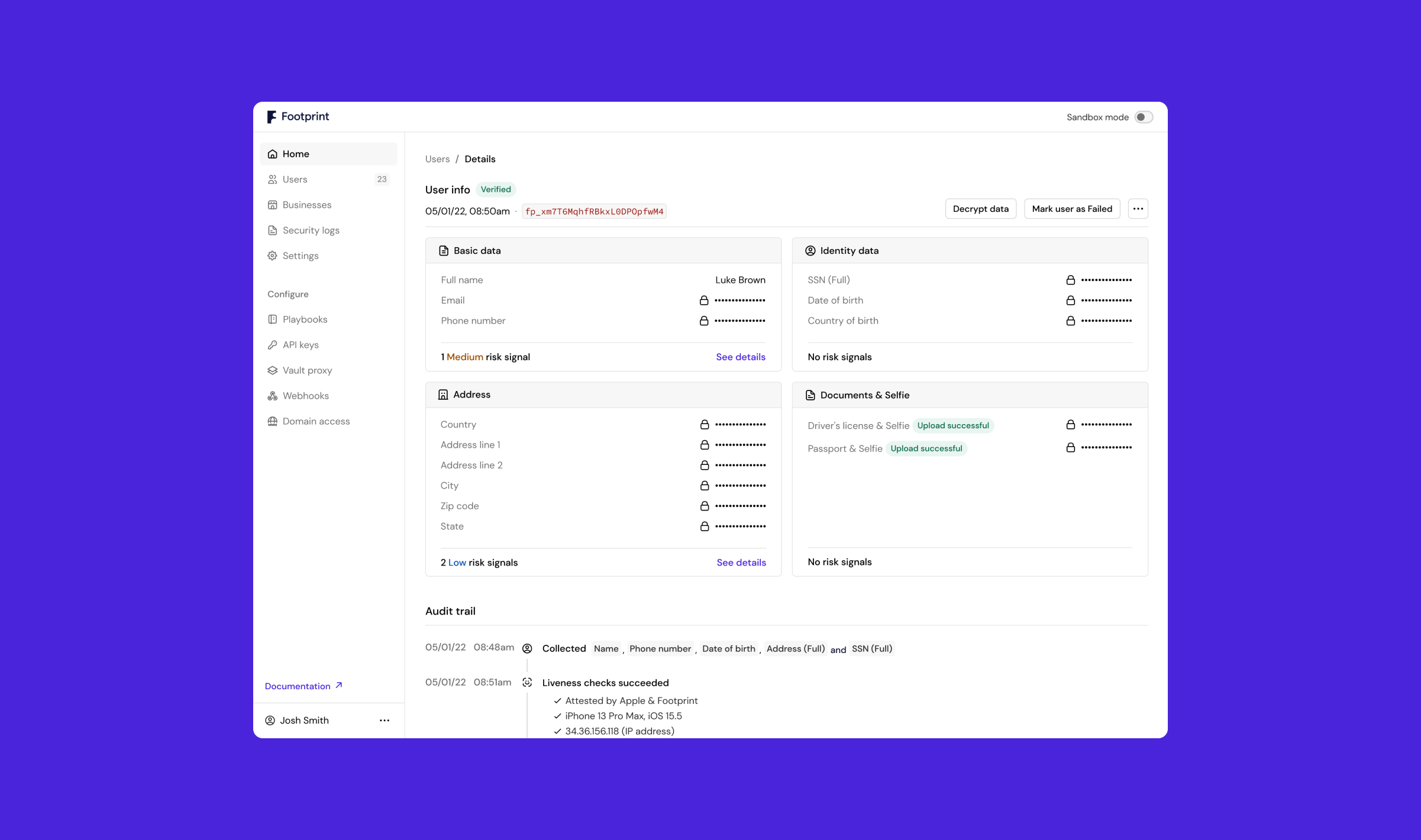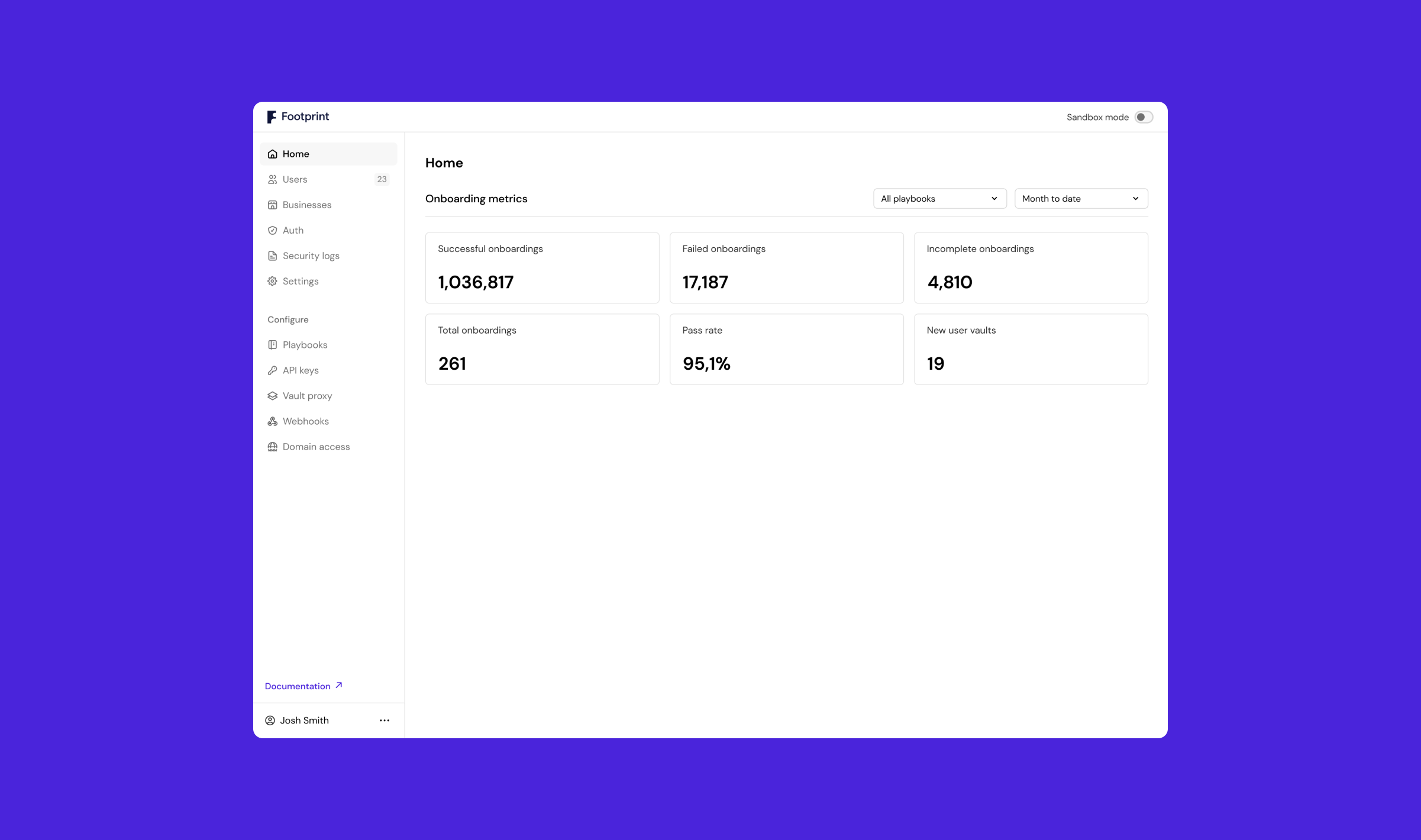Today we’d like to introduce you to Eli Wachs
Hi Eli, so excited to have you on the platform. So before we get into questions about your work-life, maybe you can bring our readers up to speed on your story and how you got to where you are today?
I was born in Philadelphia. From a young age, I loved learning about how the world works, or worked. History was my favorite subject in school. As I got older, I began to think technology was how the history of tomorrow was created.
In 9th grade, I read Abundance, by the founder of XPrize Peter Diamandis. Some emails later I started High School HeroesX, where we took the concept of XPrize and launched incentivized competitions for high school students to solve local issues. These included the education gap in Philadelphia, food safety in Beijing, and safety of AV algorithms in the US.
I followed this passion to Stanford. Palo Alto puts something in the water. You do believe a begrudgingly large amount of things are possible for anyone regardless of age. My freshman year I started Decdis, which tracked flu strains to recommend lockdowns and prevent pandemics. We shut that down in 2017–apologies for the lack of persistence :). The rest of my time at University, I became engulfed in the growing field of digital privacy. I found myself in classes on new privacy legislation such as GDPR + CCPA. My final work in Economics was finding the marketplace price for individual digital data, and in History I described the history of data-based business models in Silicon Valley.
This work led me to work on the Technology team at General Atlantic, where I lead our work across security, privacy, and identity. 18 months later I co-founded Footprint, an onboarding company which simplifies how companies securely verify their end-users in a way that minimizes friction and fraud. We’ve raised $20M from investors such as QED and Index. Our goal is to reduce the $30B of digital identity theft that takes place each year to $0.
Can you talk to us a bit about the challenges and lessons you’ve learned along the way. Looking back would you say it’s been easy or smooth in retrospect?
Absolutely not. I recently spoke with a young founder a few months into his journey, and asked him about the lows. He asked me the same question. To his shock, I pulled out a Notes App of my tiered rankings of the now 13 most stressful things which happened since just starting Footprint. I don’t do this to glorify the lows. Moreso I keep it as a reminder to myself that whatever I go through, I’ve likely already been through worse.
To me the other side of the lows is being able to appreciate the highs. By nature, entepreneurs are terrible at this. We hit a milstone and look to the next one. A founder friend called me the other week in crisis. Yet what was on his mind was in reality a phenomenal event for him and the company. We’re all just very bad at contextualizing these, and as a result even add bumps to the smoothest part of the journey.
In hindsight, this answer lacked specifics. And perhaps got a bit too philosophical. But I doubt the folks reading this want to hear about times we missed numbers or had bugs in the product. Just know you’re not a lone, and keep going.
Thanks – so what else should our readers know about Footprint?
Footprint is a single SDK to handle onboarding. Typically, banks, fintechs, and rental companies needed to stich together a bunch of point solutions to bring new users onto their platform. This included building UX, connecting to databases for KYC, analyzing behavioral fraud, securely storing user data, and signing users back into their platform. These were disparate tools not designed to work together. Footprint unifies them.
This leads to less engineering work, and in our mind the smartest platform to truly solve issues our customers face. We think it is silly that hundreds of companies need to go on this journey of rebuilding this broader solution. They all do it in a vaccum. Both from an eng side of learning how the tools work together, and from a fraud detection perspective. Our belief is their are na infinite amount of bad actors in the world. Conversely, there is a finite amount of real people. By creating the centralized database of de-duplicated authentic identities, we make identity portable and change the math equation so companies work together.
What does success mean to you?
I used to define success in numbers. But then realized you’ll always want more revenue, more customers. Maybe the one left for Footrpint worth keeping is dollars lost to identity theft a year. I want to get that to 0.
Personally, it’s being able to appreciate and smile each day.
Contact Info:
- Website: https://www.onefootprint.com
- Twitter: https://x.com/EliWachs






